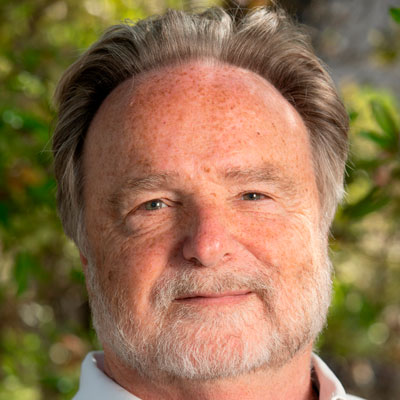Session Description
Although PTSD is common among those who have been traumatized, and is associated with significant suffering, recent research indicates that only about a third of people in the general population will develop this disorder after a significant trauma, and many trauma survivors suffer from a broad range of other difficulties beyond PTSD. These include relational problems, emotional regulation difficulties, impaired selfawareness, and avoidance responses such as substance abuse, dissociation, and self-injury. This workshop outlines a nonpathologizing approach to these more complex post-traumatic presentations, including (a) the processing of implicit and explicit traumatic memories through titrated exposure, in vivo activation, and “interspersal,” (b) increasing emotional regulation capacities, and (c) the development of meta-cognitive awareness of triggered memories and their effects. The recently introduced notion of “deepening extinction” will be discussed in the context of memory reconsolidation theory, new ideas about counter-conditioning, and recent challenges to habituation as a justification for prolonged exposure.
Although PTSD is common among those who have been traumatized, and is associated with significant suffering, recent research indicates that only about a third of people in the general population will develop this disorder after a significant trauma, and many trauma survivors suffer from a broad range of other difficulties beyond PTSD. These include relational problems, emotional regulation difficulties, impaired selfawareness, and avoidance responses such as substance abuse, dissociation, and self-injury. This workshop outlines a nonpathologizing approach to these more complex post-traumatic presentations, including (a) the processing of implicit and explicit traumatic memories through titrated exposure, in vivo activation, and “interspersal,” (b) increasing emotional regulation capacities, and (c) the development of meta-cognitive awareness of triggered memories and their effects. The recently introduced notion of “deepening extinction” will be discussed in the context of memory reconsolidation theory, new ideas about counter-conditioning, and recent challenges to habituation as a justification for prolonged exposure.
Learning Objectives
Describe three major impacts of complex trauma exposure
Define interspersal as a therapeutic technique
Explain how memory re-consolidation may underlay trauma therapy effects

September 28 @ 10:30
10:30 — 12:00 (1h 30′)
John Briere, PhD

